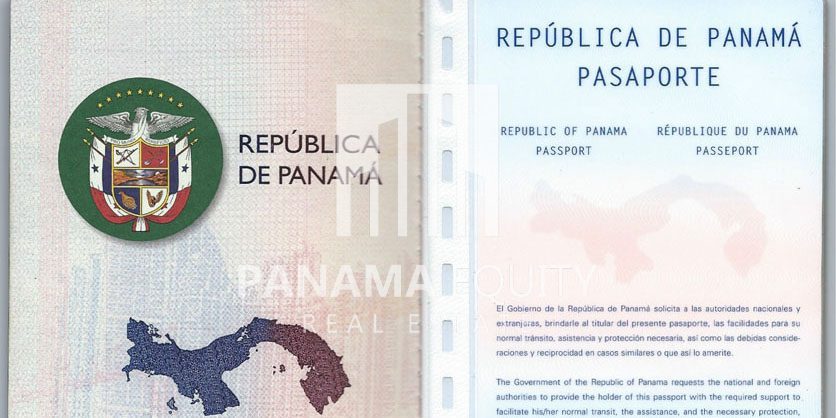
The government of Panama continues to aggressively court foreign professionals and has consistently enacted new policies and renewed successful programs to both legalize immigrants in Panama and draw foreigners considering a move to the Isthmus.
As of August 1st, 2013, here are the most mainstream paths to a visa in Panama:
1) In May of 2012, the government issued a decree opening the floodgates for citizens of so called “friendly nations.” This is by far the fastest way to get permanent residency. To qualify, you need to prove at least $5,000 in the bank and show a commitment to either work for a Panamanian company (via an offer letter or employment contract), start a new company, or purchase an existing business in Panama. Talk to an attorney about the specifics of “starting a company” and the requirements of “working for a Panamanian company”.
The 48 friendly nations that qualify for the friendly nations visa a are: Andorra, Argentina, Australia, Austria, Belgium, Brazil, Canada, Chile, Costa Rica, Croatia, Cyprus, Czech Republic, Denmark, Estonia, Finland, France, Germany, Greece, China, Hungary, Ireland, Israel, Japan, Latvia, Liechtenstein, Lithuania, Luxembourg, Malta, Monaco, Marino, Montenegro, Netherlands, New Zealand, Norway, Poland, Portugal, Serbia, Singapore, Slovakia, Spain, South Africa, South Korea, Sweden, Switzerland, Taiwan, United States of America, Uruguay, United Kingdom (Great Britain & Northern Ireland).
2) Panama continues to offer the reforestation visa as a path to permanent residency. $80,000 will buy you 5 hectares worth of teak or mahogany in a plantation in Panama and with that investment, you’ve got yourself a visa. Typically these types of reforestation investments are handled by reforestation companies who offer a turn-key package that includes the land purchase contract, management contract, and legal fees required to process the visa. The major differences between reforestation visa companies are the number of hectares of timber that you actually receive and the ongoing cost of managing your reforestation project. Applicants can apply under their individual names or under a corporation. For a comprehensive look at the economics of this type of investment, visit Panamaforestry.com.
3. The most popular visa since I’ve been here is the Pensionado visa. Applicants must be over 18 and show a lifetime annuity or pension that’s over $1,000 per month plus $250 per dependent.
4. For the Economic self-solvency visa, you need to invest $300,000 in either real estate, a certificate of deposit with a local bank for three years, or any combination of the two that results in a total $300,000 equity investment. Dependents qualify for an additional $2,000 investment per dependent.
5. Marry a Panamanian. The route I went, with no regrets. Hopefully she feels the same way.


Donna
on said
Hi there,
We are strongly considering Panama for our family of 5. Kids are 12,10,7 years old. My husband is a Fire Fighter for the City of Cape Town for 7 years and has a Higher Diploma in Education and has teaching experience of 15 years. I run a guest house business and am the founder if my own NGO that I’ve been running for 4 years. I love SA but I am worried about the future of my kids. What would be the best Visa application for us and what is the turnaround period before we make the great trek.
I look forward to hearing from you,
Donna
Kent Davis
on said
Hi Donna, thanks for taking the time to reach out. We’re in touch via email already, cheers!
Zara
on said
Hi there, I’m planning on hosting a retreat in Panama, do I need a business visa? I am Canadian PR and my retreat company is registered in Canada. Thanks in advance for your help.
Kent Davis
on said
Hi Zara, you shouldn’t need a business license for something like that, since it will presumably be a one-off event. But it’s always good to check with a local attorney based on your exact situation. Let me know if you’d like me to introduce you to one!